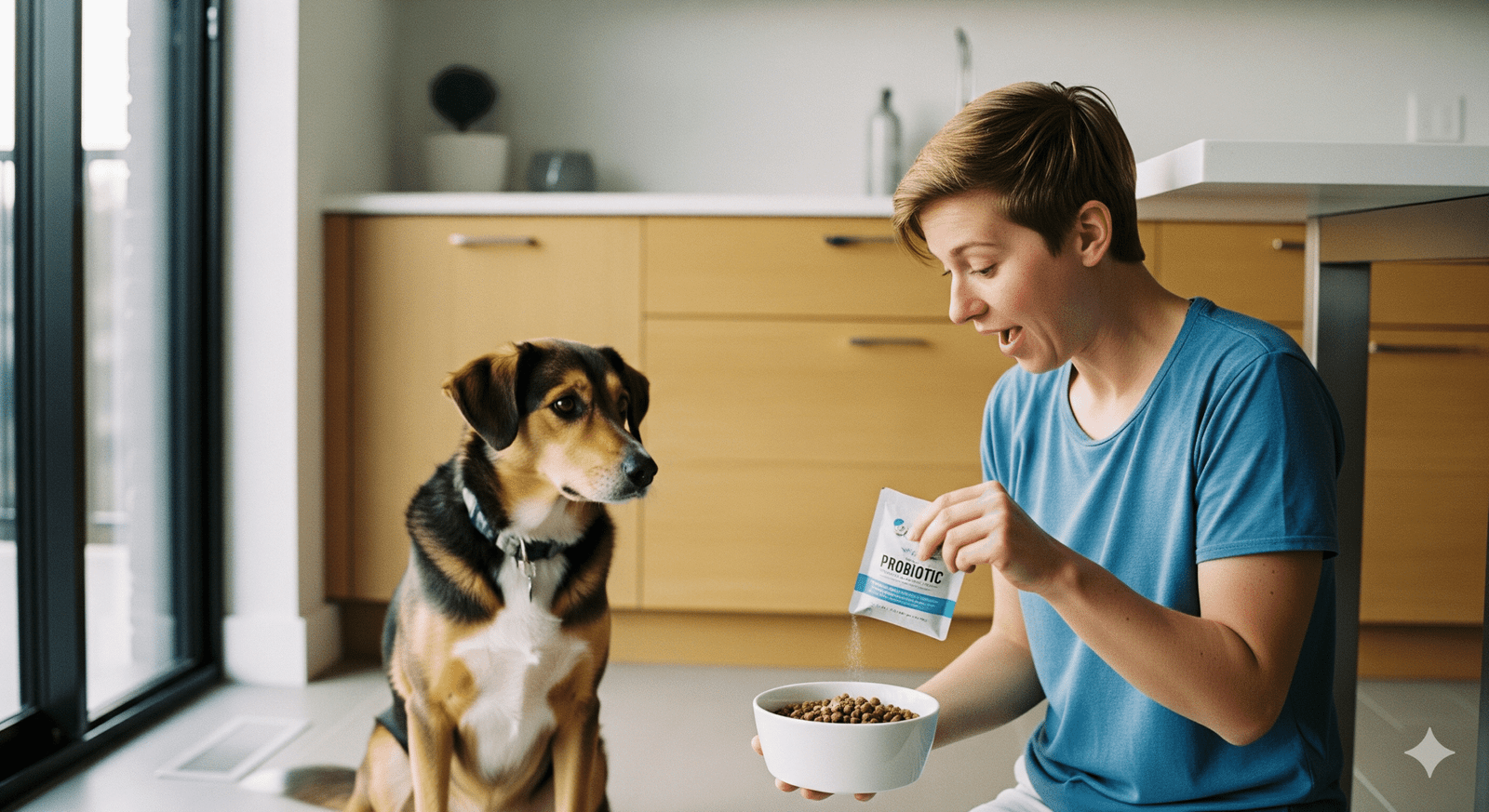Probiotics are gaining traction as a powerful way to support the dog digestive system, but many owners unknowingly make mistakes that limit their pet’s benefits or cause side effects. Understanding what these mistakes are reveals important truths about probiotics and dog gut health.
Mistake #1: Overlooking the Importance of the Dog Digestive System
Dogs have a unique digestive tract optimized for their biology. Unlike humans, their gut flora and digestive enzyme profile differ significantly. Probiotics specifically formulated for dogs contain strains like Enterococcus faecium or dog-compatible Lactobacillus species that support natural gut flora balance. Using a probiotic not designed for canine digestion—or ignoring the need for gradual introduction—can disrupt the delicate balance, leading to digestive upset such as diarrhea or gas. A slow start with dosing, observation for symptoms, and consistency are key to success.
Mistake #2: Choosing the Wrong Type of Probiotic Supplements for Dogs
Not all probiotics are created equal. Many owners purchase generic or human probiotic supplements, which may contain strains unsuitable for dogs. Some ingredients in human products like artificial sweeteners (e.g., xylitol) can be toxic to dogs. Additionally, many probiotic products vary wildly in quality and may not include the strains or CFU counts actually listed on the label, reducing effectiveness. The best probiotics for dogs are natural formulas with verified dog-safe strains, third-party tested for purity and potency.
Mistake #3: Ignoring Dietary Fiber for Dogs
Probiotics flourish best when supported by prebiotics, which are nondigestible fibers that feed beneficial gut bacteria. These fibers, found in foods like pumpkin, chicory root, and flaxseed, create an ideal environment for probiotics to colonize and thrive. Neglecting to provide sufficient dietary fiber can hinder probiotic effectiveness and gut health. Balancing probiotic supplementation with appropriate dietary fiber enhances digestion and immune function, making both work synergistically.
Benefits of Probiotics for Dogs
When used correctly, probiotics offer a range of benefits: they promote balanced digestion, reduce episodes of diarrhea, improve nutrient absorption, and modulate immune responses in the gut. They also support skin health and overall vitality, contributing to a happier, healthier pet.
Conclusion
Dog owners can optimize their pet’s gut health by avoiding these common probiotic mistakes—respecting the unique canine digestive system, choosing high-quality dog-specific supplements, and pairing probiotics with dietary fibers. Veterinary consultation is essential to customize probiotic use safely and effectively.
Key Takeaways
- Start probiotics slowly and monitor your dog’s digestive response.
- Only use natural, dog-specific probiotic supplements with verified ingredients.
- Include dietary fiber in your dog’s diet to nurture a healthy microbiome.
- Consult your veterinarian to tailor probiotic protocols to your dog’s needs.
By following these guidelines, pet parents can unlock the full potential of probiotics for their dog’s digestive and immune health.


